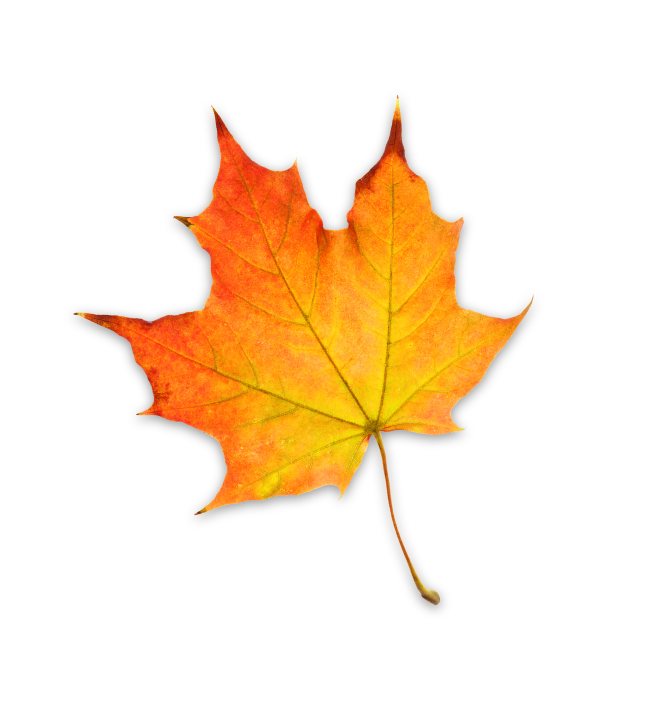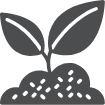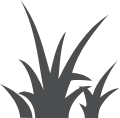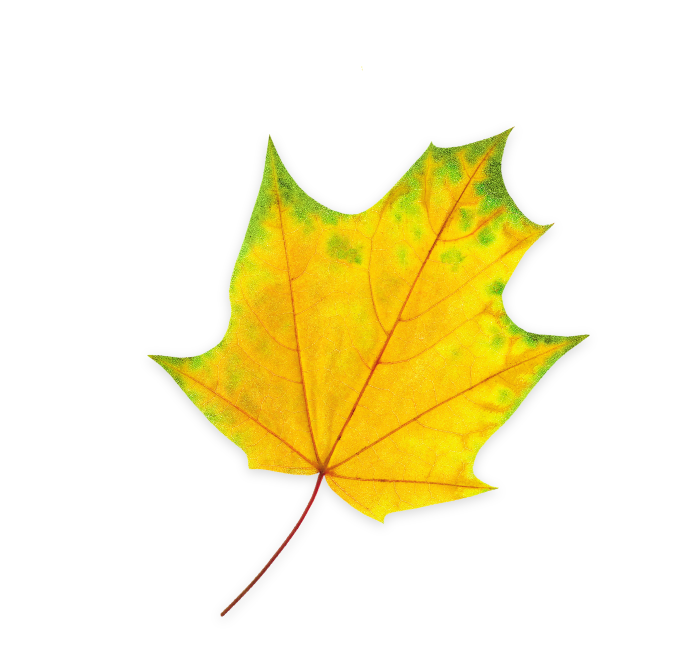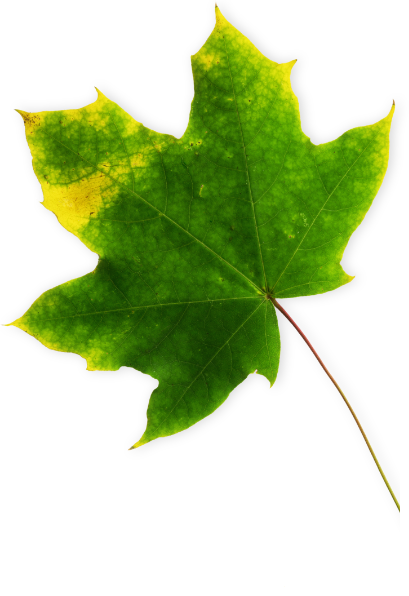
Pest/Insect Control
Pest Control for Healthy, Enjoyable Outdoor Homes
Insects, deer, and other pests can be a serious harm to your outdoor home. At Natural Tree & Lawn Care, we provide a host of effective treatments and services that discourage insects and disease-carrying pests.. Further, our pest control services are target-specific, spot treating infestations to protect beneficial wildlife.
Ticks & Mosquitoes:
Ticks and mosquitoes have become a rising concern due to insect-borne diseases such as Lyme disease, Eastern Equine Encephalitis (EEE), and West Nile Virus. Our certified arborists control these pests by treating transition zones between your lawn and woodlands, trails, walls, etc. to limit infestations.
Deer Repellent:
Deer feed on a wide range of vegetation from small herbaceous plants to trees and shrubs. When food becomes scarce during winter, deer turn to residential landscapes. To combat this, we recommend several methods:
Deer repellents, which can deter deer by either causing the plants to taste or smell unappealing, or scare deer by making them think predators are around.
At Natural Tree & Lawn Care, we use a variety of natural products that repel deer by smell, without being displeasing to our customers, and by taste for deer that manage to take a bite.
Poison Ivy:
Poison Ivy has three green leaves that contain a menacing oil that is just as potent when its leaves turn red in the fall. Poison Ivy is typically spread by birds that eat its berries and deposit its seeds across trees, shrubs, flowers, bird baths, and more. Once in the soil, Poison Ivy’s vine grows fast, creeping along the ground and crawling up bushes, trees and any other vertical surface in your outdoor home.
Controlling Poison Ivy can be challenging since the oil in its leaves and vines remains potent long after the plant has died. Further, herbicides used to kill Poison Ivy can kill surrounding plants and vegetation if not carefully applied.
It often requires 2-3 treatments to keep Poison Ivy from coming back and reclaiming ornamental and high traffic areas in your yard.
Caterpillars:
Caterpillars are the feeding stage of moths and butterflies. Locally, the most important caterpillar pests we deal with are Winter Moth, Gypsy Moth, and Forest Tent Caterpillars. When populations of these leaf-eating caterpillars are high, they can completely defoliate trees. Defoliation can be devastating to the health of a tree and can lead to overall decline, secondary pests and even death of the tree.
Hemlock Woolly Adelgid:
Eastern Hemlock trees are a common feature in the landscape and can be seriously impacted by the invasive pests, Hemlock Woolly Adelgid, and Elongate Hemlock Scale. These sucking insects feed on the nutrients the tree depends on to survive. Populations can build up rapidly if left untreated and can lead to parts of the tree or the entire tree dying.
Scale - Sucking insects
There are many kinds of insects that feed on many different kinds of plants by sucking sugars and other nutrients. Scales are some of the most common plant pests we find causing damage in the landscape. Depending on the specific type, they can cause damage ranging from discolored leaves, sooty mold (a black fungus that can engulf plants), poor overall health and over time may kill the plant or tree.
